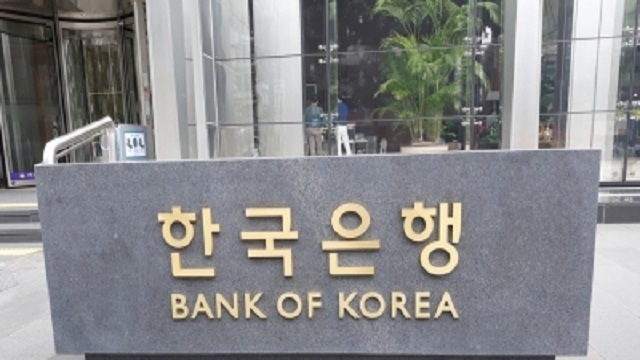BOK Reports Drop in Won-Based Export Settlements in 2024
The Bank of Korea (BOK) has reported a decline in won-based export settlements for 2024. This means fewer exports are being paid for in South Korean won, compared to previous years. The drop in these settlements is a sign of changing trends in international trade and currency use.
Won-based settlements refer to payments made for exports using South Korea’s currency, the won, instead of other currencies like the U.S. dollar or euro. Many South Korean companies prefer to use the U.S. dollar for international trade because it is the most widely used currency. However, in recent years, South Korea has tried to increase the use of the won in trade deals to reduce dependence on the dollar.
The decline in won-based export settlements is partly due to global economic challenges. The ongoing uncertainty in world markets, including supply chain issues, inflation, and rising interest rates, has made businesses more cautious. Many companies are turning to the U.S. dollar to reduce risk and ensure stability in their transactions.
Another reason for the drop is the weakening of the South Korean won against major currencies like the U.S. dollar. When the value of the won drops, it becomes more expensive for foreign buyers to pay for goods in won. As a result, many businesses in South Korea are choosing to settle payments in more stable currencies to protect their profits.
The BOK’s report also highlights that this trend is affecting South Korean exports to certain regions. While some countries still prefer to use the won, many are shifting to more widely accepted currencies. This shift in currency preferences may impact South Korea’s trade relationships, as businesses look for more favorable and predictable terms.
Despite the drop, the Bank of Korea remains hopeful that the country can increase the use of its currency in future trade. They continue to support policies that encourage won-based settlements, hoping that businesses will return to using the won once global economic conditions improve.
In the meantime, South Korean companies will likely continue to rely on the U.S. dollar and other stable currencies for their international trade dealings.

